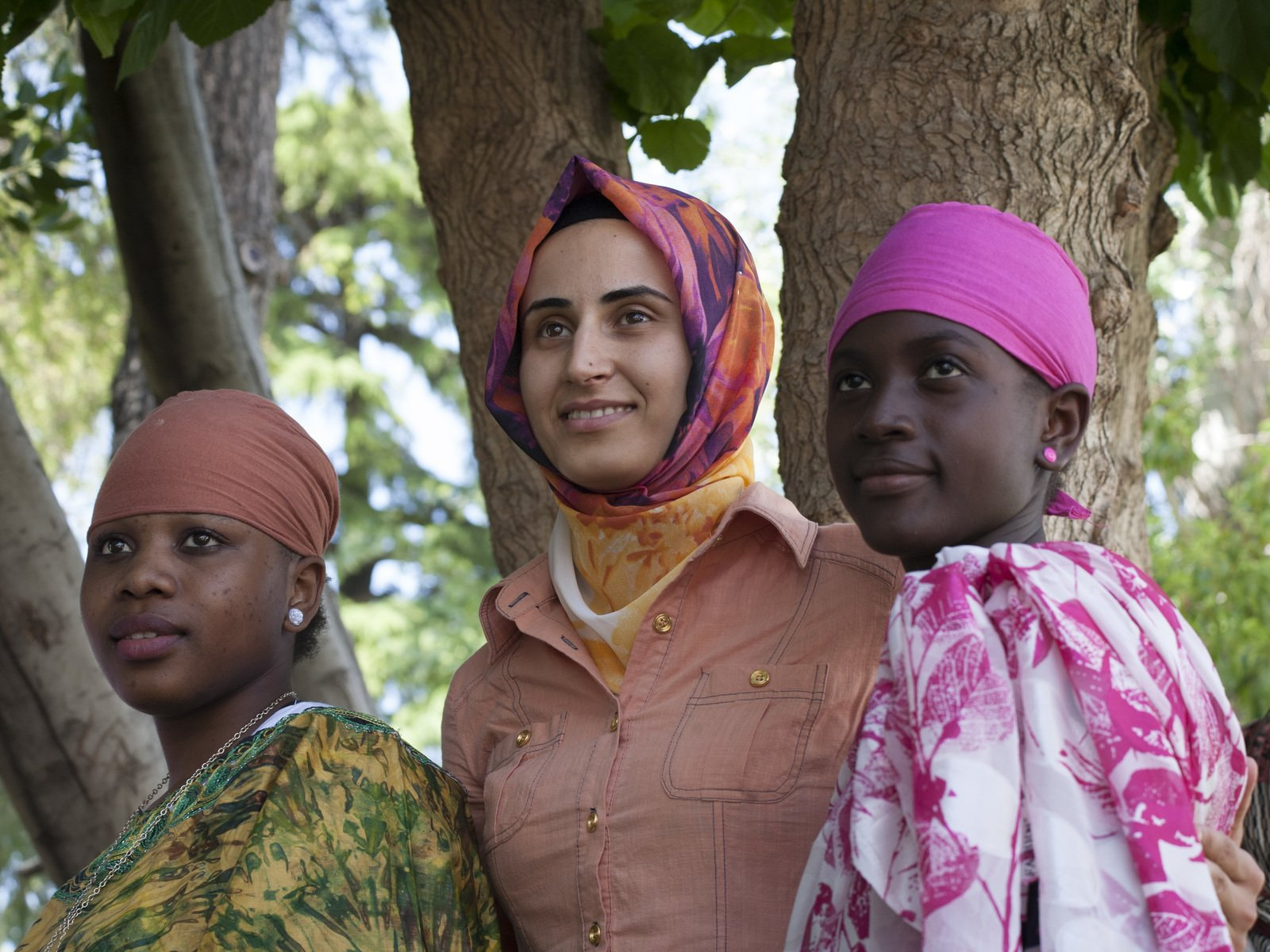Because of its Islamic faith, it may seem “natural” to view the Gülen movement as a Turkish version of the Islamic resurgence of the last four decades. There is no doubt that it is that. In its heyday during the years of alliance with the Justice and Development Party (JDP) in the first decade of this century, the movement also sought regime change in Turkey, at its most utopian something along the lines of the restoration of Ottoman rule to replace or radically transform the secular republic established in 1923. The Gülen movement appears somewhat different from a global perspective where its promises, however unique in their derivation and formulation, appear as commonplace promises of other contemporary, and comparable, religious or religion-informed movements with which it also shares commonalities in organizational activity and practice: such as the Soka Gakkai from Japan, the Unification Church from Korea, and the Falun Gong from the People’s Republic of China (PRC). A global perspective is most important in order to release analysis from the particular historical legacies these movements claim, and parochialism in their interpretations. This is not to deny their unique historical origins and inspirations, but to draw attention to their ideological and strategic affinities with one another as well as other so-called “new religious movements.”
Arif Dirlik. Religious Enterprise: Thoughts on the Gülen Movement in a Global Perspective
Date
Schedule
Place
ABOUT THE LECTURER
Arif Dirlik is a former professor at Duke University (United States). He has written extensively on historical and political thought in 20th Century China, as well as issues in globalization, postcolonial criticism, and cultural studies. His most recent book-length publication is Culture and History in Postrevolutionary China: The Perspective of Global Modernity (Chinese tr., 2015).
ABOUT THE MODERATOR
Ayşe Çavdar is an independent anthropologist and journalist specializing in the questions of religion, secularism, urbanism, and social justice. She received a degree in communications from Ankara University, followed by an MA degree from Bosphorus University and a PhD from the European University Viadrina Frankfurt (Oder). She is a frequent contributor to several periodicals.
how to take part
Admission free, registration required
